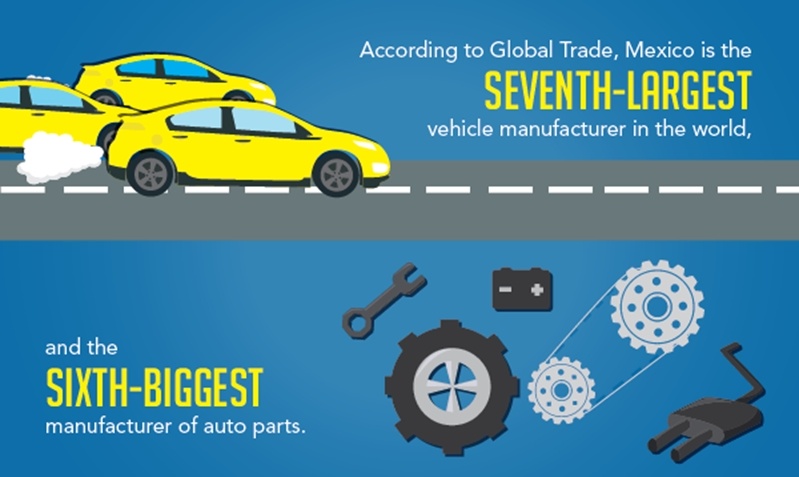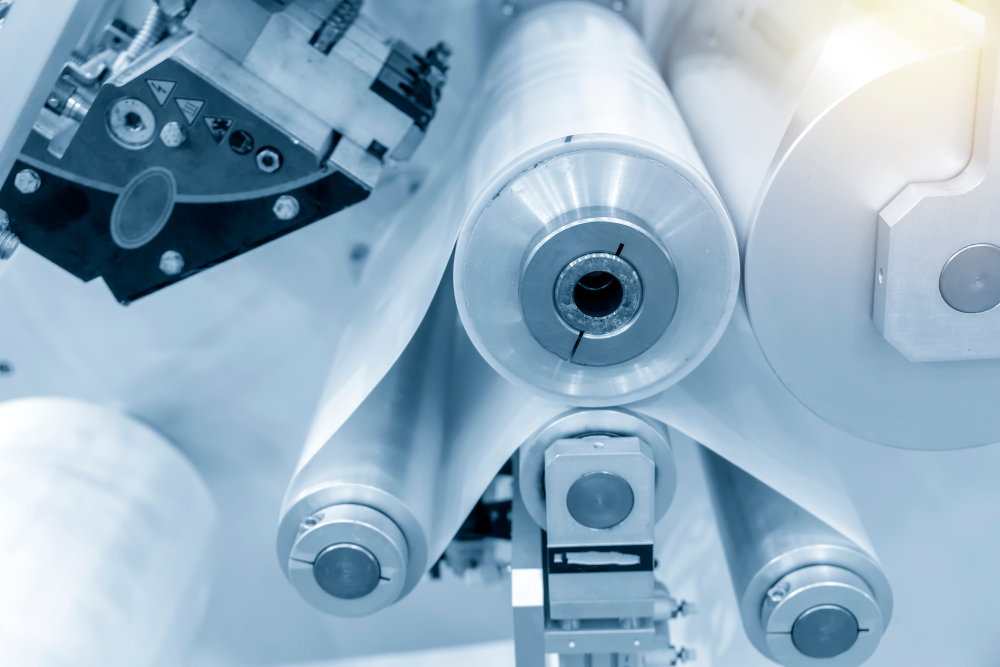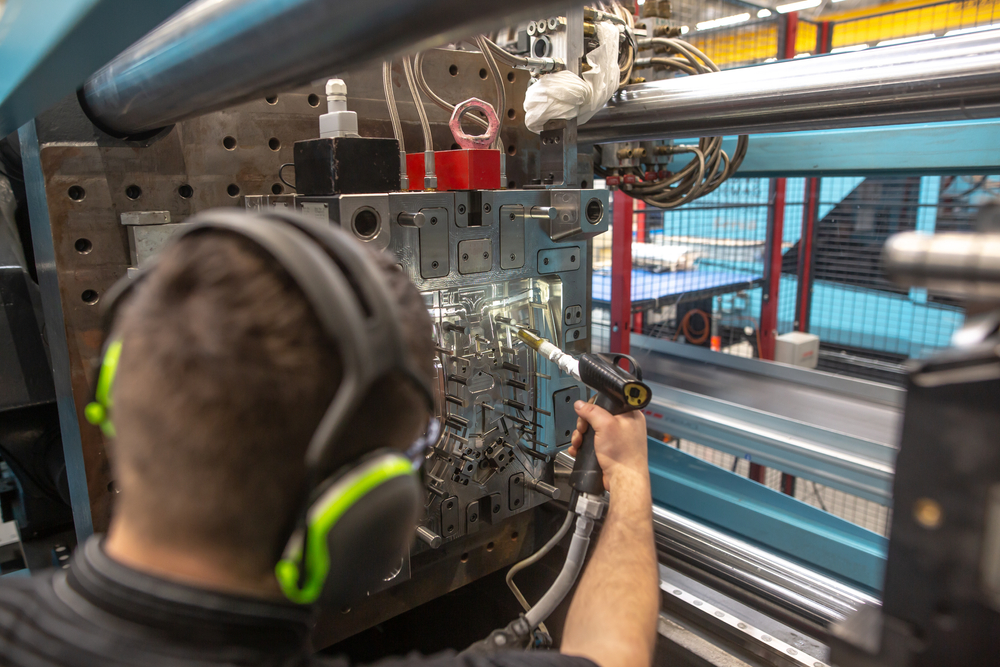Detroit is becoming a hot topic of conversation regarding the manufacturing industry.
As Plastics Today pointed out, talks between Detroit automakers and the United Auto Workers are turning in the favor of more offshoring. As a result of a deal between the two interested parties, U.S. auto workers will now be paid a starting rate of $17 per hour, which can eventually rise to $25 per hour.
However, another part of the deal is that Chrysler will move most of its small and mid-size car production to Mexico. Additionally, the mid-sized Chrysler 200 and compact Dodge Dart will move from just outside of Detroit proper to Toluca, Mexico.
This move is on trend with events that occurred earlier this summer. According to Plastics Today, in July, Ford Motor Company announced plans to shift some work abroad, including potentially ending U.S. production of its lower-margin vehicles. Production of these vehicles will likely take place in Mexico and begin in 2018.
 Auto suppliers are also feeling the benefits of auto manufacturing growth in Mexico.
Auto suppliers are also feeling the benefits of auto manufacturing growth in Mexico.Manufacturing in Mexico: A mass exodus
Plastics Today made the poignant observation that while most U.S. automakers have been manufacturing in Mexico for three decades, manufacturers in the U.S. are being provided more leverage to move than ever before.
The move from the U.S. to Mexico by automakers is a trend that is occurring all around the country. For example, Indian Autos blog recently shared news that the new Nissan Kicks will be manufactured in Mexico.
What about suppliers?
As more automakers move to Mexico, auto suppliers are also realizing the offshoring advantages of moving their operations to the county. According to Global Trade, Mexico is the seventh-largest vehicle manufacturer in the world, and the sixth-biggest manufacturer of auto parts. Growth of the automaking industry and auto parts manufacturing are inextricably linked, because parts suppliers are seeking proximity to OEMs and sharing mutual benefits of manufacturing in Mexico.
PPG Industries - an American global supplier of paints, coatings, optical products, specialty materials, glass and fiberglass for automotive manufacturing and other industries - for example, announced it has completed a $27 million expansion of its San Juan del Rio, Queretaro, Mexico, coatings manufacturing facility. The opening adds 115 new jobs to the area.
The project will add four new buildings to PPG's existing site. The additional space will help the company meet increasing demand for its automotive OEM packaging and industrial coatings by customers in Mexico.
"These new facilities enhance PPG's capability to serve the country's fast-growing automotive manufacturing market with the latest waterborne and compact-process technologies that today's global automakers demand," said Matt Marek, PPG vice president, automotive OEM coatings, Americas.
A sustainable trend
As more automakers like Ford, Chrysler and Nissan move to Mexico, auto suppliers will follow suit. This trend is largely driven by the many benefits of manufacturing in the country, which include:
- Proximity to final markets.
- Improvements in transportation infrastructure in Mexico.
- Increased manufacturing foreign investment in the country.
- Commitment to ongoing education and training by the Mexican government.
- Competitive wages.
Subscribe
Sign up and stay informed with tips, updates, and best practices for manufacturing in Mexico.





